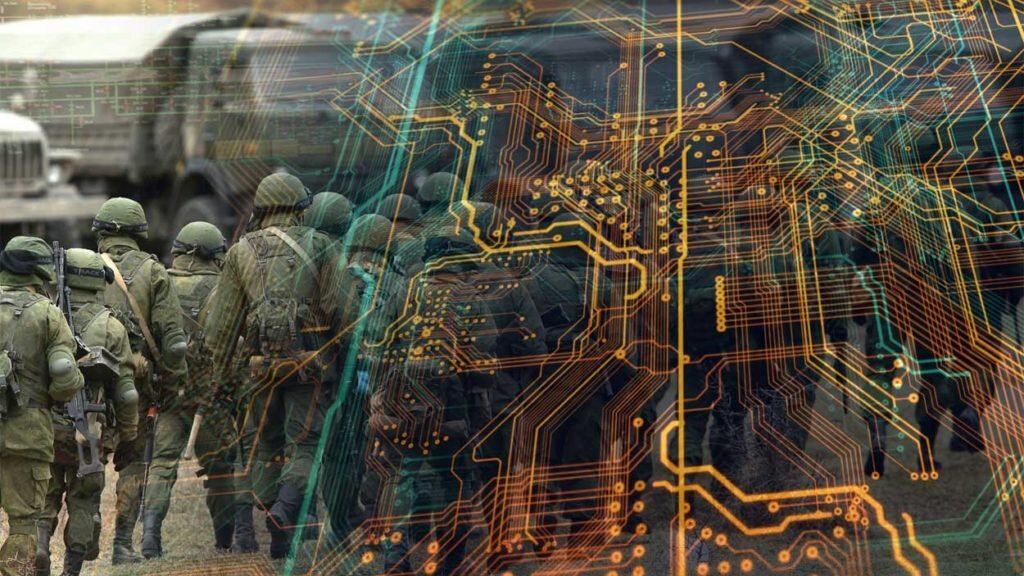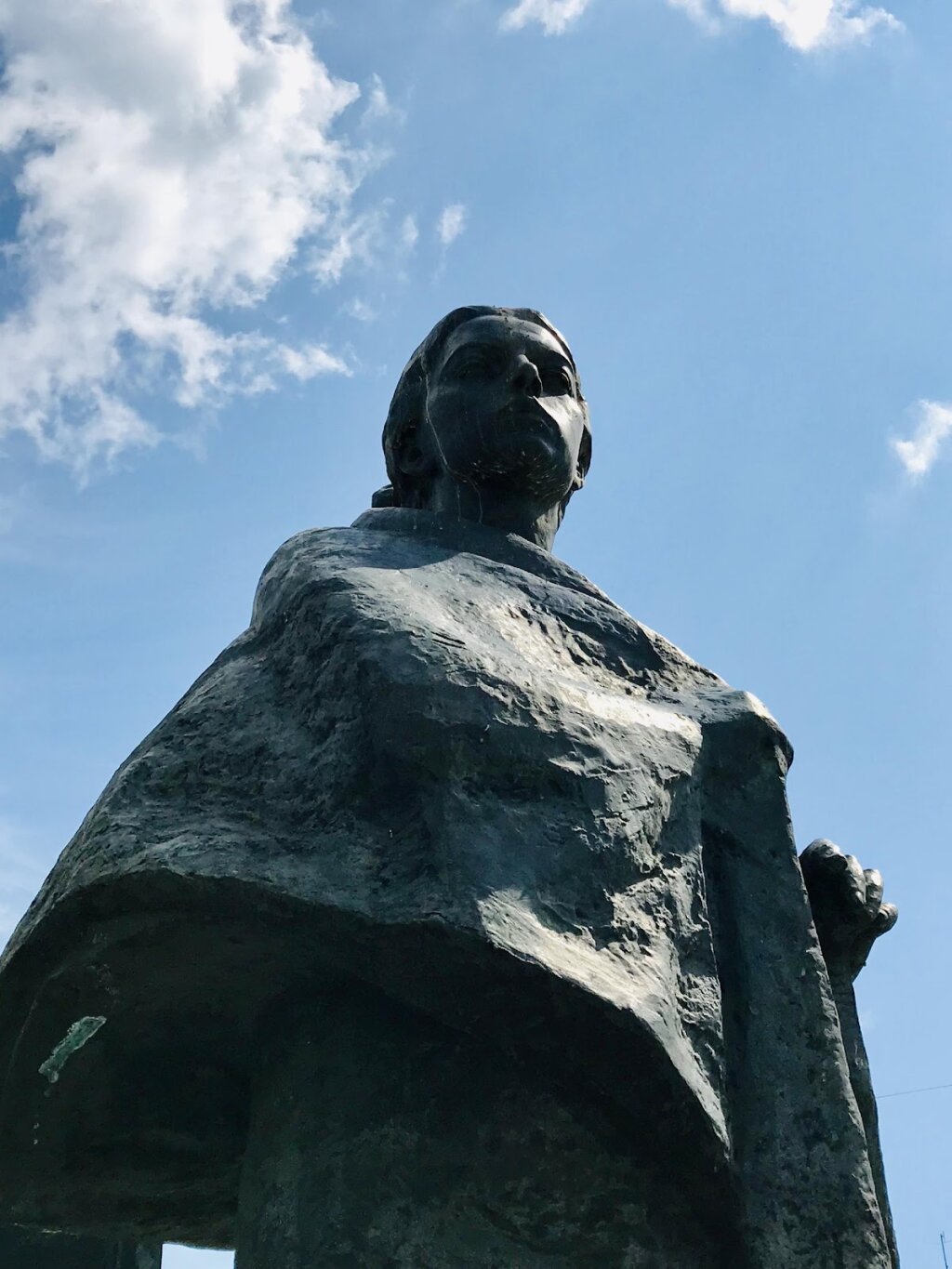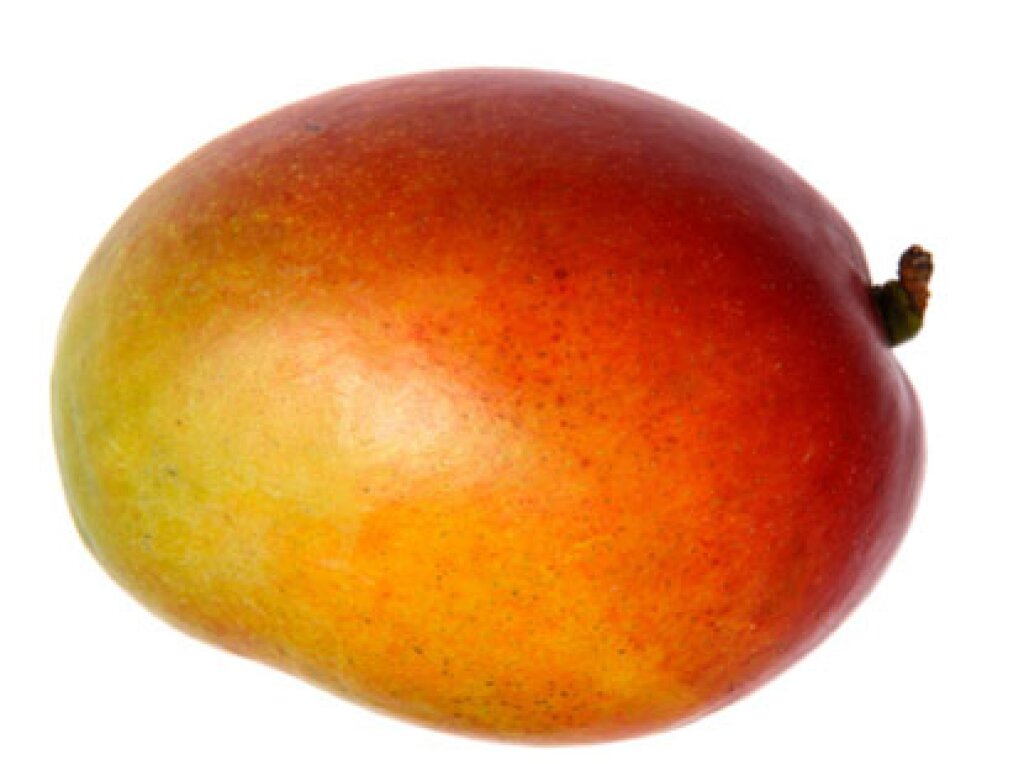This is Part II in a two-part series. Part I may be found here.
Taras Kuzio is a professor in the Department of Political Science at the National University of Kyiv Mohyla Academy and a Non-Resident Fellow in the Foreign Policy Institute at Johns Hopkins University. He is the author of Crisis in Russian Studies? Nationalism (Imperialism), Racism and War.
My previous post discussed five reasons Putin's “New Russia” project failed after 2014, and concluded that one underlying cause for the many incorrect predictions among scholars and journalists was a widespread neglect of patriotism among Russian-speaking Ukrainians. In this post, I will discuss why this phenomenon did not receive greater attention.
The first factor we must take into account is that such a state of affairs is not unusual around the world. There are, for instance, many English-speaking Irish, Welsh, and Scots patriots; all of Latin America is Spanish-speaking (except Portugal), and yet is highly diverse in terms of political affiliation.
A second factor is that North American political science, far more so than area studies in Europe, pigeonholes people into categories. One example is David Laitin’s claim in his work from the 1990s, when the scholar predicted the creation of a "Russian-speaking" group in Ukraine. Just as there is no unified "Hispanic group" in the US, there was never a unified Russian-speaking group in Ukraine. Ukrainians were never one or the other, Ukrainian- or Russian-speaking, and in most regions of Ukraine (outside Crimea and Donbas) they used both languages and code-switched between them.
A third factor was the simplistic division of Ukraine into two Ukrainian- and Russian-speaking “civilizations” taken from Samuel Huntington’s controversial Clash of Civilizations (1996). The scholars championing this division paradoxically saw no incompatibility between their socialism in the West and Russian nationalism towards Ukraine. The 2014 crisis and the Russian-Ukrainian war since has shown the error of the "two Ukraines" formula, yet it nevertheless continues to appear in work by scholars like Stephen F. Cohen and Richard Sakwa.
Russian-speaking Ukrainians have suffered the most from the war in the Donbas. Two million have fled as refugees to Russia or as IDP’s (Internally Displaced Persons) throughout Ukraine, representing nearly a third of the inhabitants of pre-war Donbas.
An overwhelming majority of the 20,000 or so dead and many more wounded are Russian speakers. This fact is self-evident among civilians but also holds true among combatants. The greatest casualties among Ukrainian security forces come from the Dnipropetrovsk oblast. The majority of those who joined volunteer battalions in 2014 were Russian speakers, including those often condemned as “nationalistic,” including Azov, Pravyy Sektor (Right Sector), Aydar, and Donbas.
The Azov regiment of Ukraine’s national guard is a case-in-point, since most of its members are Russian-speaking Eastern Ukrainians. Another example of the same issue is the Right Sector, whose two leaders hail from Dnipropetrovsk. The National Corps political party, established by Azov veterans, is more extreme in its nationalism than nationalistic parties with roots in Galicia, such as the Svoboda (Freedom) party. Western scholarship generally ignores the fact that Eastern Ukrainian nationalism is more extreme than its Western Ukrainian counterparts, focusing instead on nationalistic parties from Western Ukraine.
If Russian speakers represent approximately two thirds of Ukraine’s security forces fighting Russian and Russian proxy forces, and they represent the majority of casualties, any concept of Ukraine as divided into two “civilizations,” or talk of a “civil war” taking place constitutes poor scholarship.
Russian-speaking Ukrainian patriotism is found among a large number of veterans, who mostly come from Dnipropetrovsk, Zaporizhzhya, Poltava, and Kharkiv. Ukrainian opinion polls have shown that veterans hold more radical views on national identity questions, such as the Ukrainian language and Ukrainian history, and are hard-line on ending the war in the Donbas. They also oppose Ukraine’s integration into Eurasia.
These trends, I claim, will continue for two reasons.
The first is that Russia’s demands for ending the war are tantamount to Ukraine’s capitulation and therefore will not be accepted by Ukrainian presidents. Eastern Ukrainian, Russian-speaking, and centrist President Volodymyr Zelenskyy and his national democratic predecessor Petro Poroshenko have both run into the same Russian intransigence and unwillingness to compromise on the Donbas war.
The second is that Putin is de facto president for life; at the very least he is in power until 2036. Russian policies towards Ukraine, Crimea and the Donbas are therefore unlikely to change in the foreseeable future.
These two factors translate into there being little likelihood of a peaceful outcome to the Russian-Ukrainian war, meaning a growing number of veterans (currently they and their families account for 15% of voters) and continued development of Russian-speaking Ukrainian patriotism.
It is therefore long overdue for Western scholars to come to appreciate and study the phenomenon of Russian-speaking Ukrainian patriotism in order to better understand the Russian-Ukrainian war and how national identity and regional configurations are changing in Ukraine.



